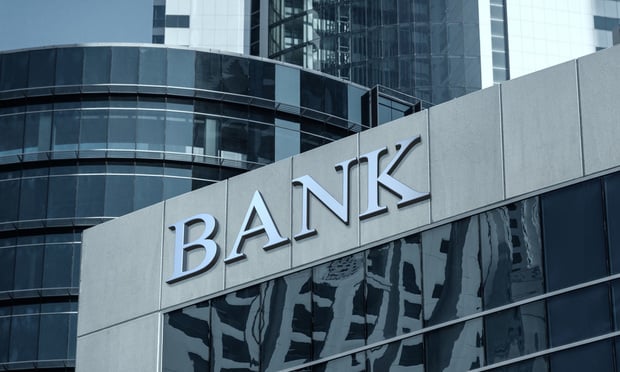For more retail coverage, click GlobeSt.com/RETAIL.
SYDNEY-General Property Trust's self-management proposal won out over an alternative proposal put forth by Lend Lease, which has managed the trust's $9 billion of shopping center and office assets since 1999. A vote for either proposal was to result in GPT being self-managed, but by approving GPT's own plan unitholders signed off on a pair of controversial transactions that GPT claims are necessary to effect the transition and that Lend Lease claims are bad for unitholders in the long run. Back in February, GPT proposed self-management as part of a plan to counter a takeover attempt by Stockland Group. Under the proposal, now approved, GPT will sell interests in three GPT retail centers to Westfield--including Sydney's Penrith Plaza, the third-most productive shopping center in Australia--and use the proceeds to fund a joint venture with Babcock & Brown Ltd., Australia's second biggest publicly traded investment bank. In addition, the plan will give unitholders a 16.5% increase in distributions in 2006.Lend Lease officials ultimately spoke in favor of GPT managing itself--a change that will cost it an estimated $65 million in fees annually and more in development revenue--but spoke out against GPT's plan, saying in public statements that it had "numerous flaws," a position that was backed by independent third-party analysis. Lend Lease said those flaws include the sale of GPT's prime retail assets to Westfield (a 6.5% unitholder in GPT) at "a discount to true value" and the Babcock & Brown JV, which Lend Lease believes will take GPT into new markets with "a disproportionate level of risk and lesser rewards." "The inseparable package of deals that GPT management has tied into its proposal is, in our view, not in GPT unit holders' interests," Lend Lease's Group CEO Greg Clarke was quoted as saying. GPT independent chairman Peter Joseph maintained that GPT's proposal offers unitholders higher growth and value than the Lend Lease alternative. As an alternative, Lend Lease said publicly that if unitholders reject the GPT proposal it would support an internalization that didn't include those transactions by providing its management services at cost--with no incentive or performance fees--until the internalization is effected. That offer is no longer on the table, but Lend Lease and GPT have reached agreement on key aspects of the transition. Key elements of the transition agreement include:
- Employment offers by an internalized GPT to Lend Lease Retail employees who predominantly work on assets 100% owned by GPT.
- Continuity of access and use of Lend Lease IT systems and IP for asset management, funds management and other operations until GPT has established independent systems.
- Termination of the Property Management Agreements and transfer of the Property Management businesses associated with assets 100% owned by GPT.
- Lend Lease will not exercise its pre-emptive rights on the Rouse Hill and Twin Waters joint ventures with GPT, and GPT will make a further investment to move from 49% to 50% ownership of these projects.
- GPT will make a payment to Lend Lease of $16.5 million (excluding the increased investment in the Rouse Hill and Twin Waters joint ventures) for the interim use of its IT systems and IP for asset management and funds management.
Continue Reading for Free
Register and gain access to:
- Breaking commercial real estate news and analysis, on-site and via our newsletters and custom alerts
- Educational webcasts, white papers, and ebooks from industry thought leaders
- Critical coverage of the property casualty insurance and financial advisory markets on our other ALM sites, PropertyCasualty360 and ThinkAdvisor
Already have an account? Sign In Now
© 2024 ALM Global, LLC, All Rights Reserved. Request academic re-use from www.copyright.com. All other uses, submit a request to [email protected]. For more information visit Asset & Logo Licensing.








